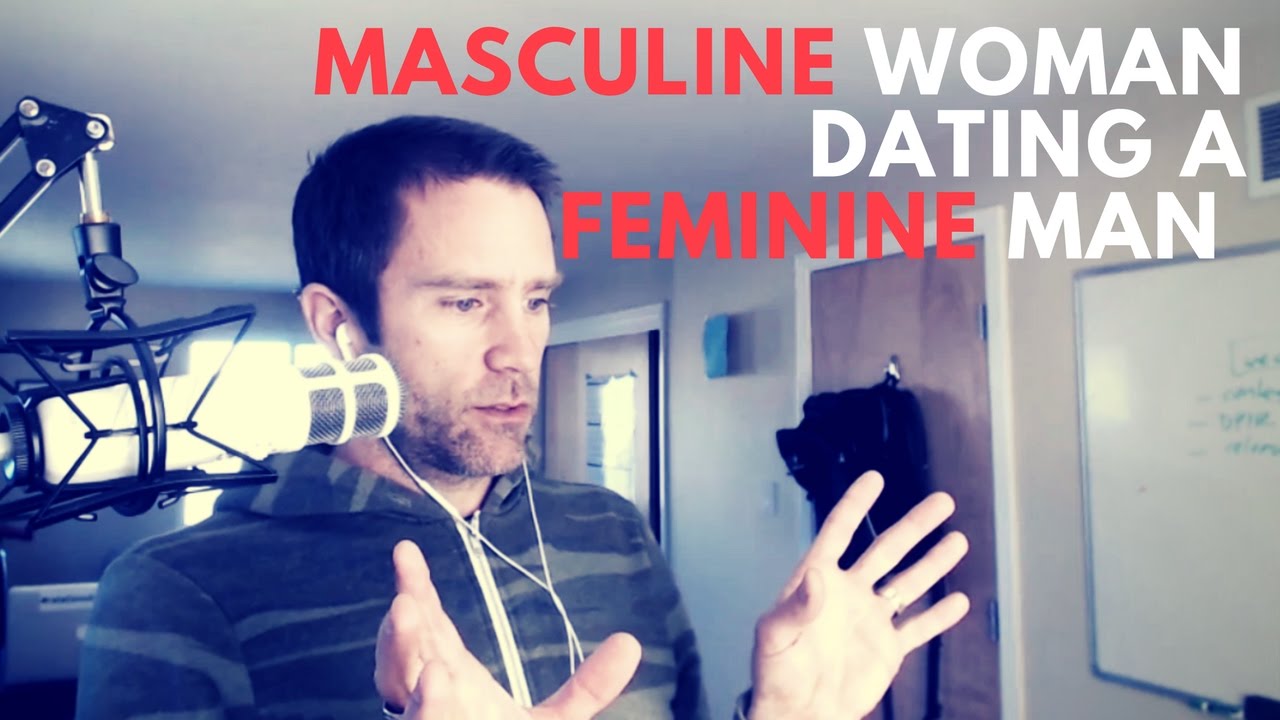Thriving Beyond Traditional Boundaries: Insights from a Polyamorous Triad
Thriving Beyond Traditional Boundaries: Insights from a Polyamorous Triad
In the diverse spectrum of relationships, polyamory remains a misunderstood path. Yet, for some, like Eugene, Erica, and James, it is a fulfilling and successful lifestyle. This triad has cultivated a relationship built on deep communication, mutual respect, and clear boundaries, offering a fresh perspective on love and partnership that challenges conventional norms.
The Journey to Polyamory
Eugene and Erica began their journey over two decades ago, initially embracing monogamy. As immigrants from the Soviet Union and Ukraine respectively, their early life experiences shaped their adaptable and open-minded approach to relationships. The transition to polyamory was gradual and marked by a commitment to mutual growth and understanding. About eight years ago, James joined the relationship, enriching the dynamic with his intentional approach to partnerships.
Key Principles of a Successful Polyamorous Relationship
Communication: The cornerstone of their success lies in making the implicit explicit. Every member of this polyamorous triad stresses the importance of continuous, honest dialogue to navigate the complexities of their relationship structure.
Boundaries and Agreements: Contrary to popular belief, polyamorous relationships require stringent boundaries. For instance, a simple yet profound rule like coming home at night, regardless of other engagements, reinforces security and reassurance among the partners.
Commitment to Personal and Joint Growth: All three partners engage in personal development and mutual nurturing, which solidifies their bond. They also participate in shared activities like building a house together, symbolizing their long-term commitment.
Overcoming Challenges and Misconceptions
Eugene, Erica, and James confront common misconceptions about polyamory, especially the notion that it lacks depth or commitment. They emphasize that polyamory, like any relationship, involves navigating attachments and emotions responsibly. It’s not an escape from relationship issues but a different framework for addressing personal needs and desires.
Insights for Monogamous and Polyamorous Individuals
This triad’s experience provides valuable lessons for both monogamous and polyamorous relationships:
- The importance of clear communication: Understanding and articulating needs and boundaries are crucial in all relationships.
- The role of commitment: Commitment in polyamory isn’t about exclusivity but about maintaining the agreed-upon terms of the relationship with integrity.
- Flexibility and Adaptability: The ability to adapt agreements over time as partners grow and change is vital for sustaining long-term relationships.
Conclusion
Eugene, Erica, and James’s story is a testament to the viability and richness of polyamorous relationships. It challenges us to reconsider our preconceptions about love and commitment. Whether you’re monogamous or considering non-monogamy, the fundamental principles they practice—deep communication, clear boundaries, and mutual respect—offer valuable insights for healthier, more fulfilling relationships.
Polyamory isn’t for everyone, but for those like this triad who find it aligns with their needs and values, it’s a profound and enriching path to interpersonal harmony and personal growth.

















